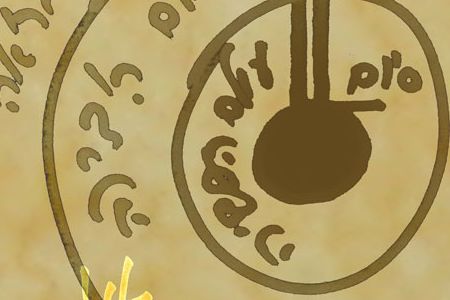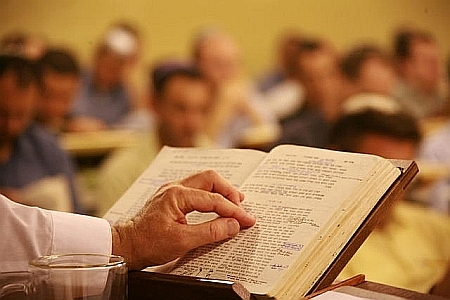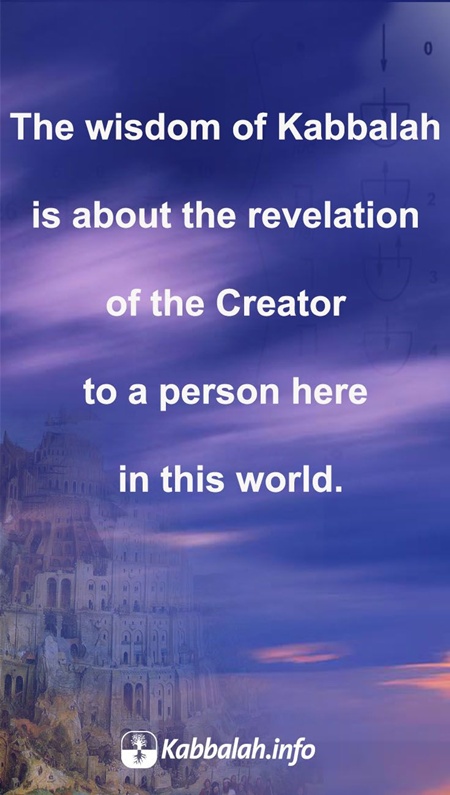
Exodus, 10:1-13:16
This Week’s Torah Portion | January 18 – January 24, 2015 – Tevet 27 – 4 Shevat, 5775
In A Nutshell
In the portion, Bo (Come), the Creator—through Moses—tells defiant Pharaoh he must let the people of Israel go. The Creator casts two more plagues over Pharaoh, Locust and Darkness, and Pharaoh says to Moses, “Go away from me! Beware; do not see my face again for in the day you see my face you shall die” (Exodus, 10:28). Moses replies, “You are right; I shall never see your face again” (Exodus, 10:29). Indeed, Moses keeps his word.
The Creator tells Moses that after the final plague Pharaoh will let the children of Israel go. The children of Israel begin to prepare for the tenth plague, the plague of the first-born, and borrow from the Egyptians silver and gold vessels, as well as garments, preparing for their release.
The Creator outlines to Moses the rules of the Passover offering that the children of Israel will need to meet: slaughter a lamb in the twilight, spread its blood on the doorposts (Mezuzot) and on crossbars, and eat the lamb that same night together with Matzot (unleavened bread) and Maror (horse-radish). The children of Israel follow suit.
At midnight, when a great cry rises in Egypt at the strike of the Plague of the First-Born, Pharaoh urges the children of Israel to leave Egypt in haste. The children of Israel leave taking the mixed multitude along with them, and flocks and cattle in great numbers.

Commentary by Dr. Michael Laitman
The exodus from Egypt described in this portion is both very significant and dramatic. Each moment in our lives is a remembrance to the exodus from Egypt. This is the point at which the human in us is born, when we come out of our egos, of the will to receive.
We all begin selfish, as it is written, “I have created the evil inclination.”[1] The evil inclination grows within us and causes us to be increasingly egoistic. Throughout human history we have been developing in this manner until we have come to a state where we feel that our entire nature is evil and we must exit it, get rid of it, and so we look for a solution. It is a process that unfolds in both individuals and in the entire human society.
When the Pharaoh in us grows, meaning our evil inclination, it does not let us live. The point in the heart, Moses in us, escapes from the ego in order to gain strength, then returns in order to fight it. Only once we understand how this “game” unfolds in us do we return to fight against the ego, much like Moses returns to Egypt to fight against Pharaoh.
When a person begins to discover the upper force, even a little bit, he or she discovers that everything happens from above, that “there is none else besides Him” (Deuteronomy, 4:35), and that includes Pharaoh, the Creator, and Moses who is between them. In this struggle, our inner Moses must decide who will rule over him, Pharaoh or the Creator.
Continue reading “Bo (Come) Parsha – Weekly Torah Portion”





